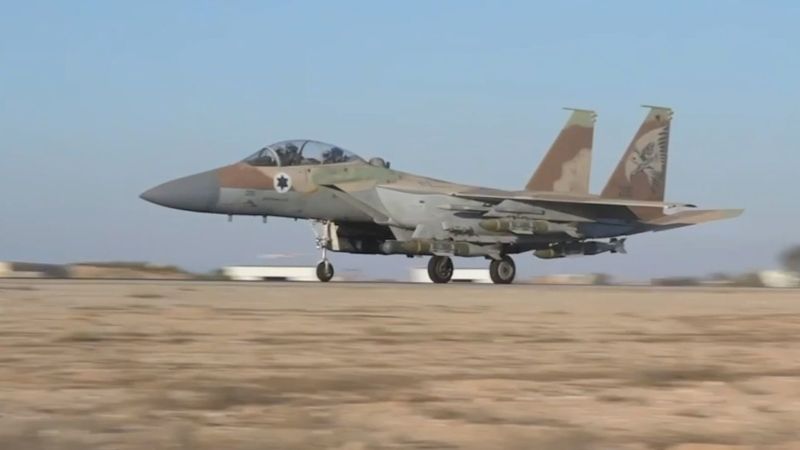Ataque a Nasrallah: ¿Responsabilidad de EEUU? Un Análisis de las Evidencias
The recent alleged attack on Hassan Nasrallah, the leader of Hezbollah, has ignited a firestorm of speculation and accusations, with many pointing fingers at the United States. But is there concrete evidence to support these claims? This article delves into the available information, analyzing the potential players and motives, while striving to provide a balanced and fact-based perspective on this highly sensitive issue.
The Alleged Attack: A Timeline of Events
Reports of an attempted assassination of Nasrallah emerged [insert date here], sparking immediate reactions across the Middle East and beyond. While details remain scarce and officially unconfirmed, accounts suggest [briefly describe the alleged attack according to available reports, citing credible sources]. The lack of clear and consistent information fuels the ongoing debate and necessitates careful scrutiny of all claims.
Key Questions Surrounding the Incident:
- The Method of Attack: Reports vary regarding the nature of the alleged attack. Was it a drone strike? A targeted bombing? Poisoning? The lack of definitive information hinders any conclusive analysis.
- The Evidence Presented: What evidence, if any, has been presented to support the accusations against the US? Are these claims based on intelligence reports, eyewitness testimony, or circumstantial evidence? Critical evaluation of the source and reliability of this evidence is crucial.
- Motive and Opportunity: If the US were involved, what would be their motive? Would eliminating Nasrallah serve US strategic interests in the region? Did the US have the opportunity to carry out such an operation?
Accusations Against the US: Examining the Claims
Many commentators and analysts immediately pointed fingers at the United States, citing [mention specific reasons given by these commentators, e.g., past US actions in the region, strained relations with Hezbollah, etc.]. However, these accusations must be viewed with caution and subjected to rigorous examination. The absence of irrefutable evidence makes it premature to definitively conclude US involvement.
Alternative Explanations and Potential Actors:
It is important to consider alternative explanations for the alleged attack. Other regional players, such as [mention potential actors and their motives], might also have had the motive and capability to carry out such an operation. A thorough investigation encompassing all possible scenarios is essential.
The Importance of Independent Verification and Investigation
The international community, particularly through neutral bodies like the UN, must pressure for a transparent and impartial investigation into the incident. Relying on unsubstantiated claims from either side will only exacerbate regional tensions and hinder any path towards peace. Independent verification of evidence is paramount to establishing the truth.
Conclusion: Avoiding Premature Conclusions
While the alleged attack on Nasrallah is deeply concerning and has significant implications for regional stability, it's crucial to avoid jumping to conclusions based on incomplete or biased information. A thorough, independent investigation is essential to determine responsibility and prevent further escalation. The focus should remain on seeking truth through credible evidence, not fueling speculative narratives that could destabilize an already volatile situation.
Further Reading: [Link to relevant news articles from reputable sources]
Disclaimer: This article presents an analysis of available information and does not definitively conclude US responsibility for the alleged attack. Further investigation is necessary to ascertain the facts.
